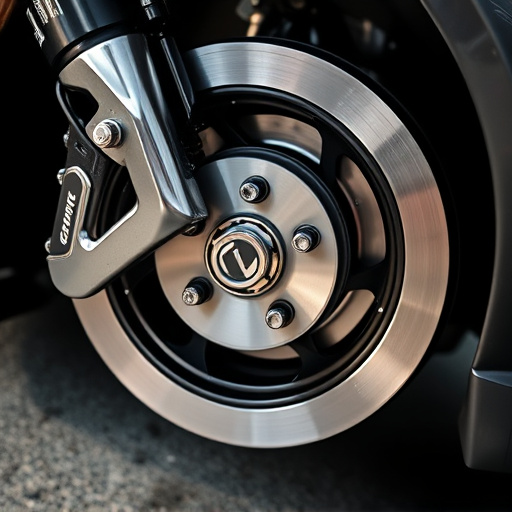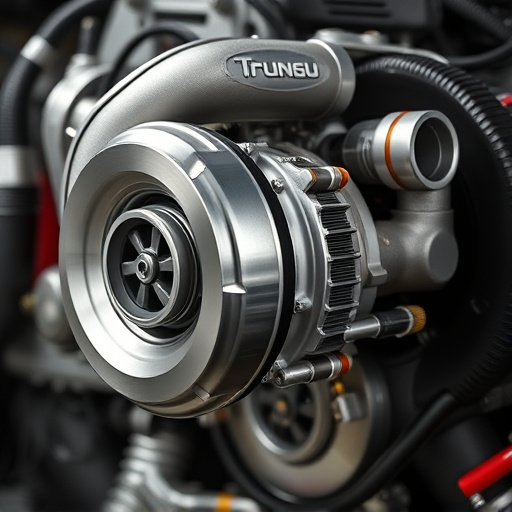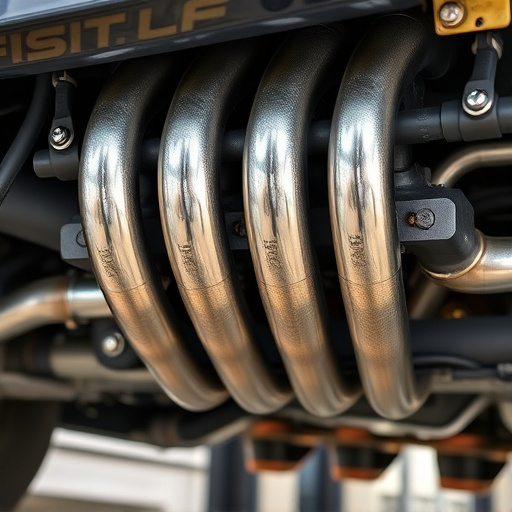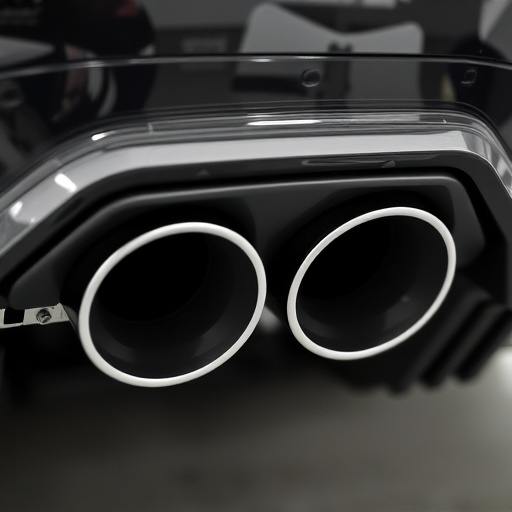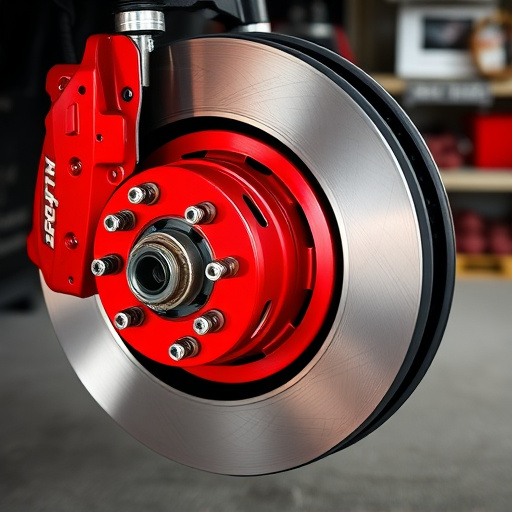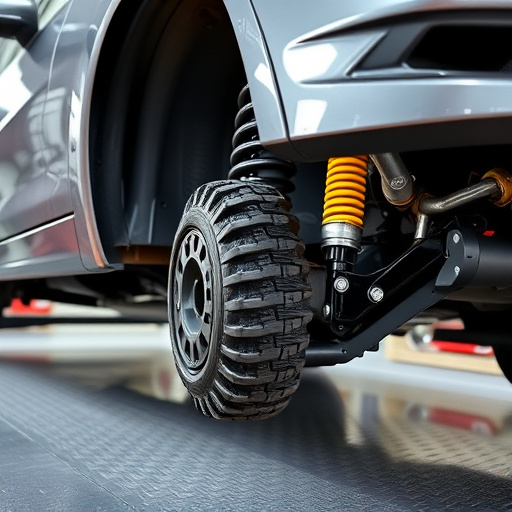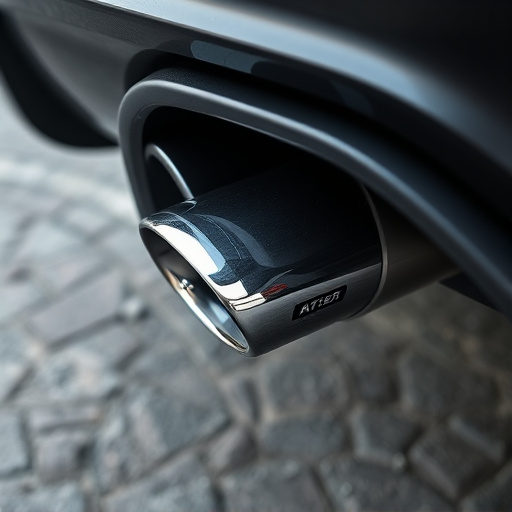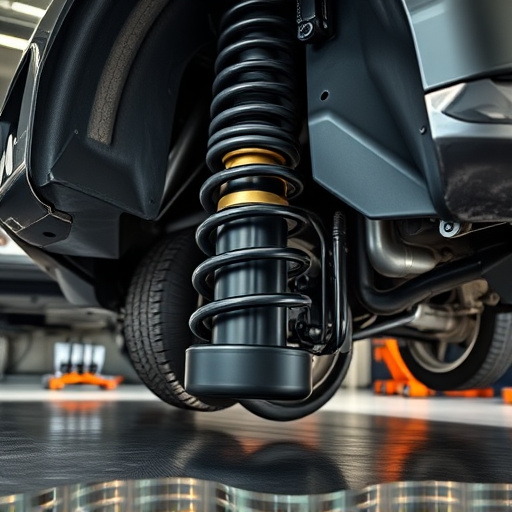Cold Air Intake (CAI) filters optimize engine performance by delivering cool, dense, and clean air from outside the vehicle, enhancing combustion efficiency and improving throttle response. These systems include an enclosed air box with high-quality filter media, bypassing components that can warm or contaminate intake air. Installation offers a cost-effective solution for improved fuel economy, reduced heat transfer, better exhaust efficiency, and enhanced overall vehicle performance, prolonging critical component lifespans.
Cold air intake (CAI) filters are a popular modification among car enthusiasts, but they also offer significant benefits for fuel efficiency. This article explores how CAI filters help reduce fuel consumption while enhancing overall engine performance. We’ll delve into the science behind these savings, explaining how these simple yet effective components draw in colder and denser air, boosting combustion efficiency. Beyond fuel economy, we’ll uncover the longer lifespan of your engine that results from cleaner intake air.
- Understanding Cold Air Intake Filters: How They Work
- The Impact on Fuel Efficiency: Science Behind the Savings
- Benefits Beyond Fuel Consumption: Improved Engine Performance and Longevity
Understanding Cold Air Intake Filters: How They Work
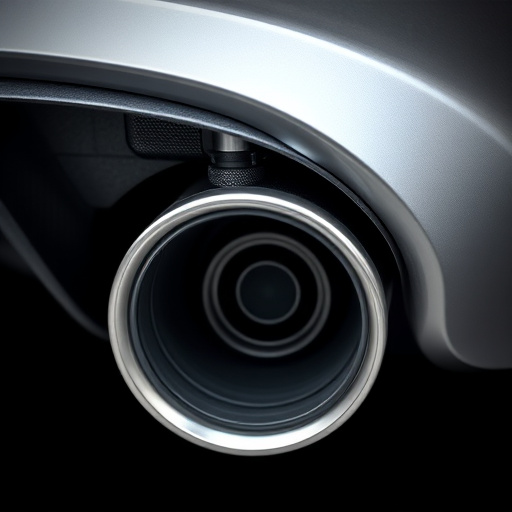
Cold Air Intake Filters (CAIs) are designed to optimize the airflow into an engine, which in turn can significantly impact fuel efficiency. Unlike standard air filters that rely on a fibrous media to trap contaminants, CAIs use a more efficient design, allowing cold, dense, and clean air directly from outside the vehicle into the engine. This process enhances combustion by providing the optimal air-fuel mixture, as required by modern engines for maximum performance and economy.
The system typically consists of an enclosed air box that houses the filter media, often made of high-quality materials like cotton or synthetic fabrics. The air box is designed to direct cold air from outside the engine compartment through the filter, ensuring only clean, cool air enters the engine. By contrast, stock air intakes draw air from within the engine’s components, such as the suspension and underbody, which can be warmer and contain more contaminants. This simple yet effective modification improves throttle response and overall fuel economy, making it a popular upgrade among car enthusiasts looking to squeeze extra miles per gallon out of their vehicles.
The Impact on Fuel Efficiency: Science Behind the Savings
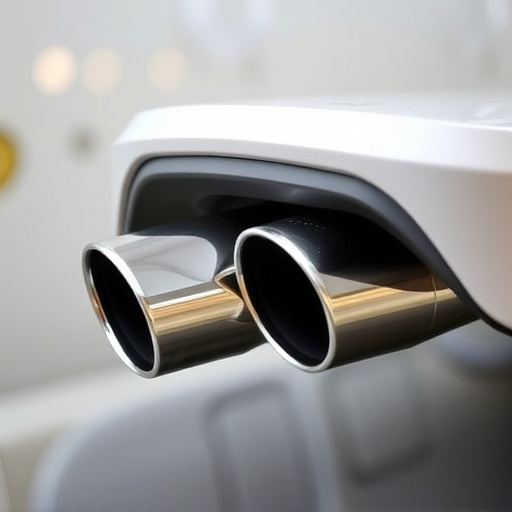
The installation of a cold air intake filter can significantly impact your vehicle’s fuel efficiency, offering a simple yet effective method to reduce consumption and enhance overall performance. This is primarily due to the way these filters optimize airflow to the engine. The science behind it is quite straightforward. By drawing in colder, denser air from outside the vehicle, rather than relying solely on the warmer air in the engine compartment, cold air intake filters provide a more efficient fuel-air mixture for combustion. This process allows for better utilization of fuel, resulting in fewer drops of gasoline needed to produce power, and thus, lower fuel costs.
The benefits extend beyond just fuel savings. By reducing the temperature difference between the ambient air and that inside the engine, these filters can also minimize energy loss through heat transfer, which is typically seen in traditional intake systems. This optimization of airflow not only contributes to better fuel economy but can also enhance the overall performance of various suspension components and even improve the efficiency of a performance exhaust system. Even essential parts like brake rotors benefit from this increased air flow, as they experience less heat buildup during prolonged driving sessions.
Benefits Beyond Fuel Consumption: Improved Engine Performance and Longevity
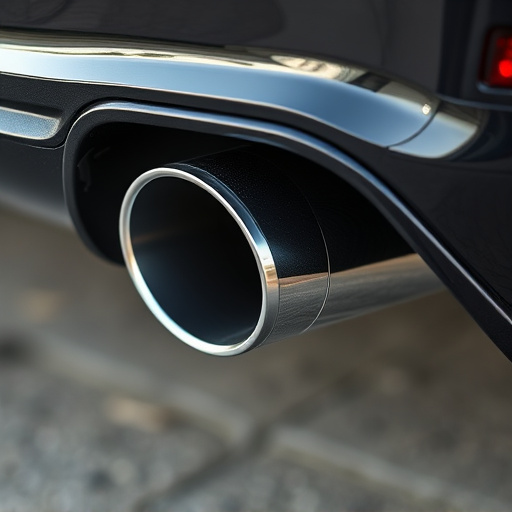
Beyond its primary role in reducing fuel consumption, a cold air intake filter offers significant advantages that contribute to improved overall engine performance and longevity. By allowing cooler and denser air into the engine, these filters enable more efficient combustion, resulting in increased horsepower and torque output. This boost in power not only enhances vehicle performance but also improves accelerations and overall drivability.
Additionally, cold air intake filters help maintain optimal engine temperatures by efficiently drawing in ambient air at lower temperatures. This is particularly beneficial for high-performance vehicles equipped with powerful engines, as it reduces the strain on the cooling system. Regularly replacing your air filter kits, including the cold air intake filter, can also contribute to prolonging the lifespan of critical components like the engine and coilover kits, ensuring your vehicle maintains its peak performance over time.
Cold air intake (CAI) filters are a simple yet effective modification that can significantly benefit your vehicle’s fuel efficiency. By optimizing airflow, these filters enable engines to consume less fuel without compromising performance. The scientific principles behind CAIs prove their worth, offering not only cost savings but also improved engine longevity. Upgrading to a high-quality cold air intake filter is an accessible way for drivers to experience the dual advantages of enhanced performance and reduced fuel consumption.





